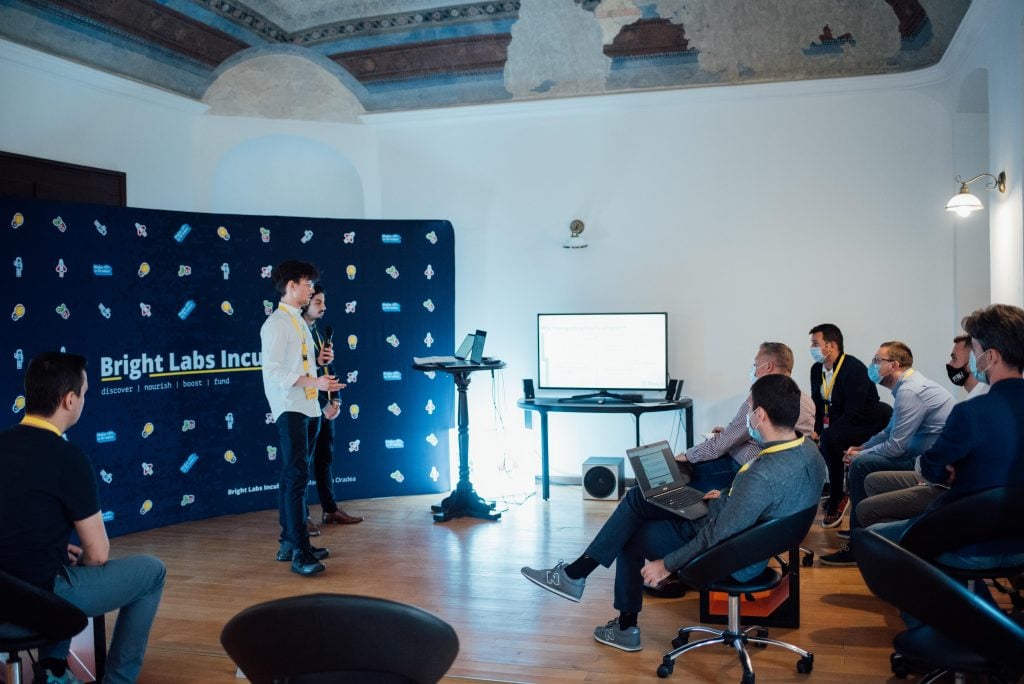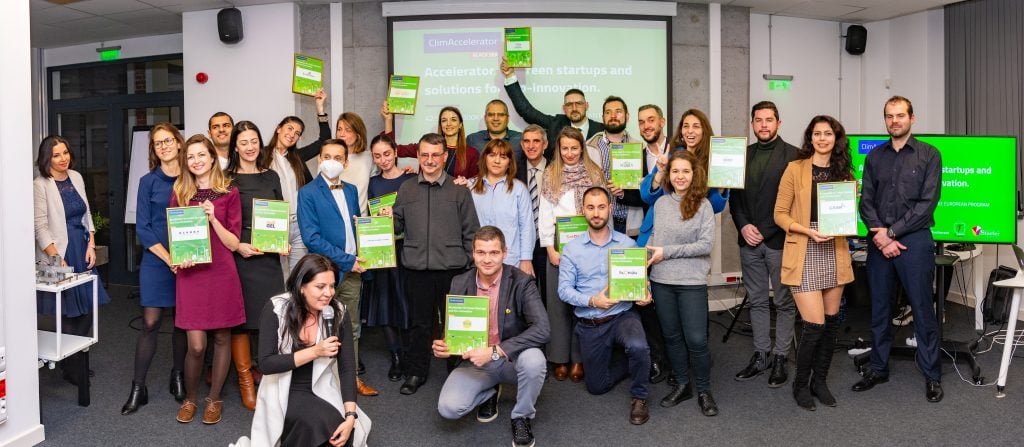Why Bright Labs Is Betting on Founders Before They Even Start
As interest in entrepreneurship continues to grow across Europe, a persistent challenge remains: how […]
As interest in entrepreneurship continues to grow across Europe, a persistent challenge remains: how […]
The four-month accelerator program for students and alumni of the American University in Bulgaria, […]
Prague-based AI Startup Incubator (AISI) announces the opening of Look AI Ventures, the first investment […]
More than 100 tech founders, mentors, community leaders, tech professionals, and startup enthusiasts were brought […]
Looking for access to resources, mentorship, networking opportunities, and support? Then the REACH Incubator might […]
Future Makers, the digital incubator for future-oriented businesses is expecting applications until June 20. This […]
Examples of successful ventures that have started as academic research spin-offs prove that entrepreneurship and […]
Startup incubators are programs or facilities designed to support the development and growth of early-stage companies, typically through providing resources such as office space, business development assistance, mentorship, and access to funding.
Incubators often focus on specific industries or types of businesses, such as technology or social enterprises, and may have a particular mission or goal, such as promoting innovation or supporting underserved communities.
Many incubators also offer support in the form of business development assistance, such as help with marketing and sales, and may provide access to funding sources such as venture capital firms or angel investors.
Startup incubators can be a great resource for entrepreneurs who are looking to launch a new business, but may not have the resources or connections they need to get started.
By providing a supportive environment and access to a range of resources, incubators can help innovations accelerate their growth and increase their chances of success.

Incubators and innovation labs are similar in that they both provide support and resources to help early-stage companies or organizations develop and grow. However, they may have different approaches and focus on different aspects of the innovation process.
For example, incubators tend to be more structured and supportive, providing startups with a range of resources and support to help them grow and develop.
Innovation labs, on the other hand, may be more experimental and focused on testing new ideas and technologies. Innovation labs may also be more focused on research and development, and may be less focused on supporting the growth of specific businesses or organizations.

The Recursive’s editors who write about startup incubators most often are Elena Ivanova and Elena Vrabie.
We try to explain the specifics of different incubation programs and whether they are a good fit for startups in Central and Eastern Europe.
Yes, subscribe to The Recursive newsletter to receive the latest news about incubation programs in CEE.